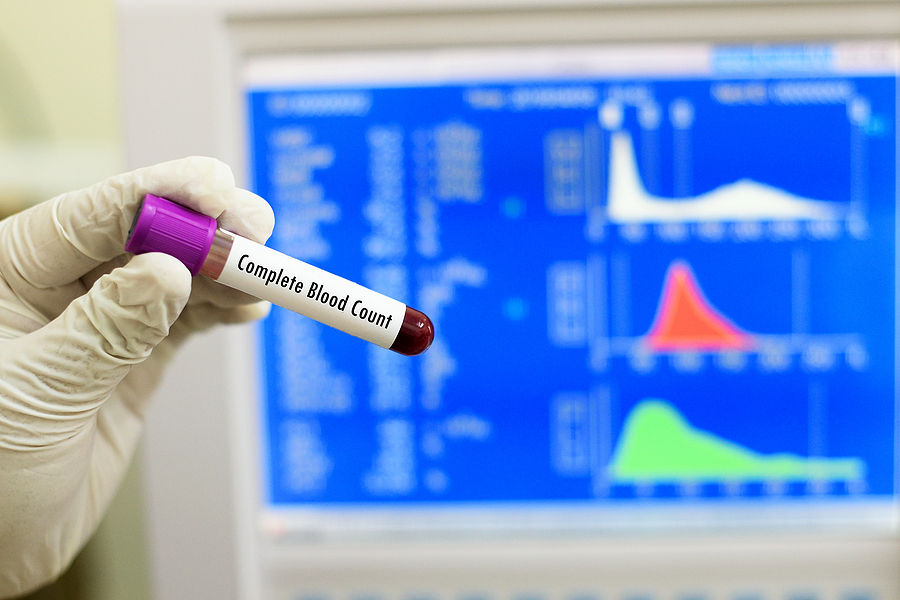What Foods Can Affect The Results Of A Blood Test?
- Sarah
- Jul 25, 2025
- 2 min read
Biomarkers in the blood are often used to check for particular risk factors for disease, check the effects of prescription medication, determine the cause of problematic symptoms, determine if traces of certain drugs are in your system and provide a general overview of your health.
Because of just how important blood is for a wide range of different processes, phlebotomy pharmacies can run tests to check for almost anything with a blood biomarker.
Alongside the standard battery of tests, blood testing labs can often check for specific biomarkers on request and provide some advice on what to expect.
Using a blood test is quick, straightforward, relatively pain-free outside of the slight scratch of a needle and in typical circumstances, is very accurate.
However, you may be advised to drink water before the test, avoid taking certain medications and avoid consuming certain foods and drinks as they can potentially affect the results.
Here are some common examples of foods to avoid when having certain tests and how they can affect blood test results.
All Food
Some blood tests require a period of fasting or ‘nil by mouth’, where you should avoid eating or drinking anything besides water for a few hours before taking the test. This amount of time can vary, but it can range from eight to 12 hours.
If this is the case, you will be advised before you are expected to take them, but a fasting blood sugar test for diabetes, a gamma-glutamyl transferase test for liver function, several cholesterol tests, electrolyte balance and (in some cases) iron level tests may require some degree of fasting.
High-Fat Foods
You do not always need to fast before a lipid profile test, but you will still be asked to avoid foods rich in saturated fat in order to avoid improper and artificially high readings.
Foods high in fat, which include not only typical offenders like fast food and processed meats, but also dairy sources such as milk, cheese and yoghurt, can spike triglyceride levels.
This can lead to concerning, abnormal results that will tend to require a retest in order to rule out a more significant diagnosis.
High Sugar Foods And Drinks
Blood sugar levels tend to fluctuate throughout the day as a result of consuming foods and drinks high in sugar or refined carbohydrates.
These can spike blood glucose levels and produce false readings. This is often why, to play it safe, doctors will typically request that you fast for several hours before taking a blood sugar test.
Caffeine
By itself, sources of caffeine, such as coffee, do not alter the results of blood tests. However, they act as a diuretic, which can cause dehydration.
This can, in turn, concentrate the blood and cause elevated biomarker levels that may provide false positives for certain diseases.
Similarly, caffeine can increase blood pressure and potentially increase cortisol levels and certain other tests of blood hormones.
Because caffeine can linger in the system for longer than other foodstuffs, you may be advised to avoid drinking coffee for at least 24 hours before major blood tests.
.png)



Thank you for presenting this topic in such a clear manner. The role of interactive digital services in shaping user experiences is worth noting. For those interested, more details can be found on the website here. The article’s neutral tone ensures that readers can form their own opinions.